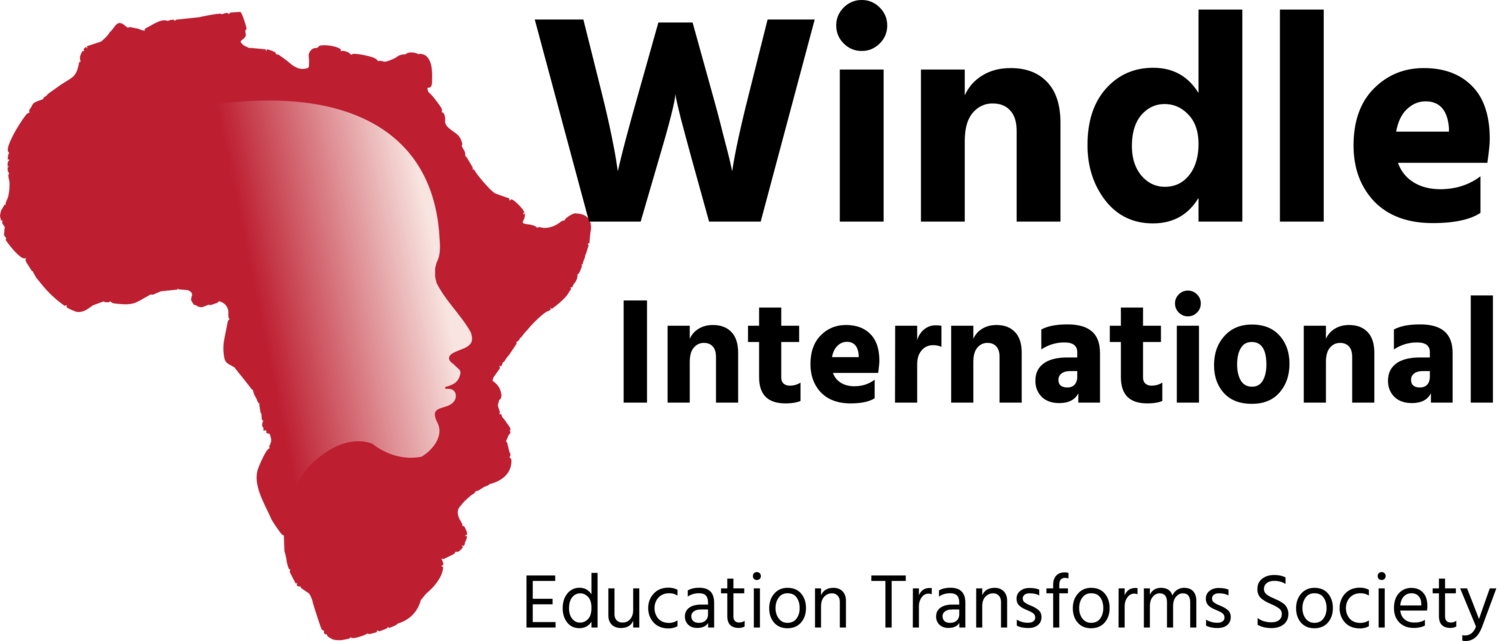Access to education about sexual and reproductive health is a fundamental human right
For Sexual Health Week this week in the UK (13-19 September 2021), the young people’s charity Brook is running a campaign to normalise conversations about consent and empowering people to talk about it positively and proactively. For Windle, the need to make sure there is access to Sexual and Reproductive Health (SRH) information and education is especially critical for young people living in refugee contexts and the communities that host them. Windle International’s Fundraising Manager, Elise Lindron, explains why we’re particularly looking for help to support SRH education in Somalia.
In Somalia, the multiple humanitarian needs derive from decades of poverty, marginalization, armed violence, political instability, natural hazards and lack of development. Whilst the Somali constitutions recognise children’s rights in relation to child labour, abuse, mistreatment and armed conflict, there are no specific policies regarding Sexual and Reproductive Health and Rights (often abbreviated to SRHR).
It’s estimated that 91% of women aged 15-19 have undergone female genital mutilation (FGM) in Somalia. The child marriage prevalence rate is 8% before the age of 15 and 45% before the age of 18. Domestic violence is not addressed by law.
The fundamental human right to health includes the availability and accessibility of HIV/AIDS/STI prevention and information. Sadly in 2018, the international charity Avert showed only 9% of young men and 13% of young women could correctly identify how HIV is transmitted. Secondary school students are at critical development stage; as they enter adolescence, their bodies change and as many of them begin exploring their sexuality, access to SRH services and information becomes critical to their understanding of human rights, their health and wellbeing. Guidance and information are essential, and the best way to communicate to this population is via school.
This is particularly relevant for Windle, as specialists in delivering education to children and young people in Somalia who are refugees, internally displaced people, or other marginalised communities. We believe we have a cardinal responsibility to educate young students, not only on academic subjects, but also on issues that affect their SRHR, and ensure they can access factually accurate information. By providing reproductive health programmes in our schools, we aim to create a strong foundation for the formation of healthy sexual attitudes and practices by our students. As the students are in their formative age, we will be working with them at the most appropriate time to help them develop positive behaviour, rather than trying to change well-established, unhealthy habits later.
What we can do to help
As the ongoing COVID-19 pandemic continues to disproportionately affect the poorest and most marginalised communities in the world, securing support for programmes in places we work like Somalia is of paramount importance. We know that girls and women are bearing the brunt of the pandemic in already desperate situations; many have had deeply traumatic experiences and carry the scars – both mental and physical – of having a lived experience of conflict situations. Providing support and information on sexual and reproductive health and rights within schools will empower young women and men to develop positive SRH behaviours, and promote human rights, resulting in more responsible citizens who can make informed choices about their lives and futures.
We are actively seeking partners to help us develop projects in Somalia that will allow secondary school learners to improve their knowledge of and access to SRH practices and gender equity. Young people, teachers and parents play vital roles in promoting SRH-related human rights, which include the right to life, the right to be free from torture, the right to health, the right to privacy, the right to education, and the prohibition of discrimination. If you think you can help us in this area, get in touch at info@windleinternational.org.
Our expertise
Windle International brings vast experience in educating youth and supporting their growth; particularly while they are facing multiple challenges from conflict, trauma and cultural barriers. Our interventions are successful because they draw on over forty years of experience. Every year Windle International helps over a million refugees and people affected by conflict (50% girls) to access quality education in eastern Africa.
Since 1977, we have been supporting Somali refugees through programmes in Kenya’s Dadaab Refugee Camp, and across Kenya, and have strong relationships with Somali communities, in addition to our reputation for delivering high-quality inclusive education programs. In 2018, Windle was invited to start implementing some education interventions in Somalia. Since then, Windle has established excellent relationships with all key stakeholders.
We are also regional co-leads for the Education Cluster for Lower Juba, responsible for coordinating the education activity of NGOs and government representatives in the region. We have been selected to be members of the Education Technical Working group for developing the Country Education COVID Response Strategy at national level. As we identified issues to be addressed by this project, we drew from experience and lessons of on-going projects relating to education, child protection, governance and health in Lower Juba.
